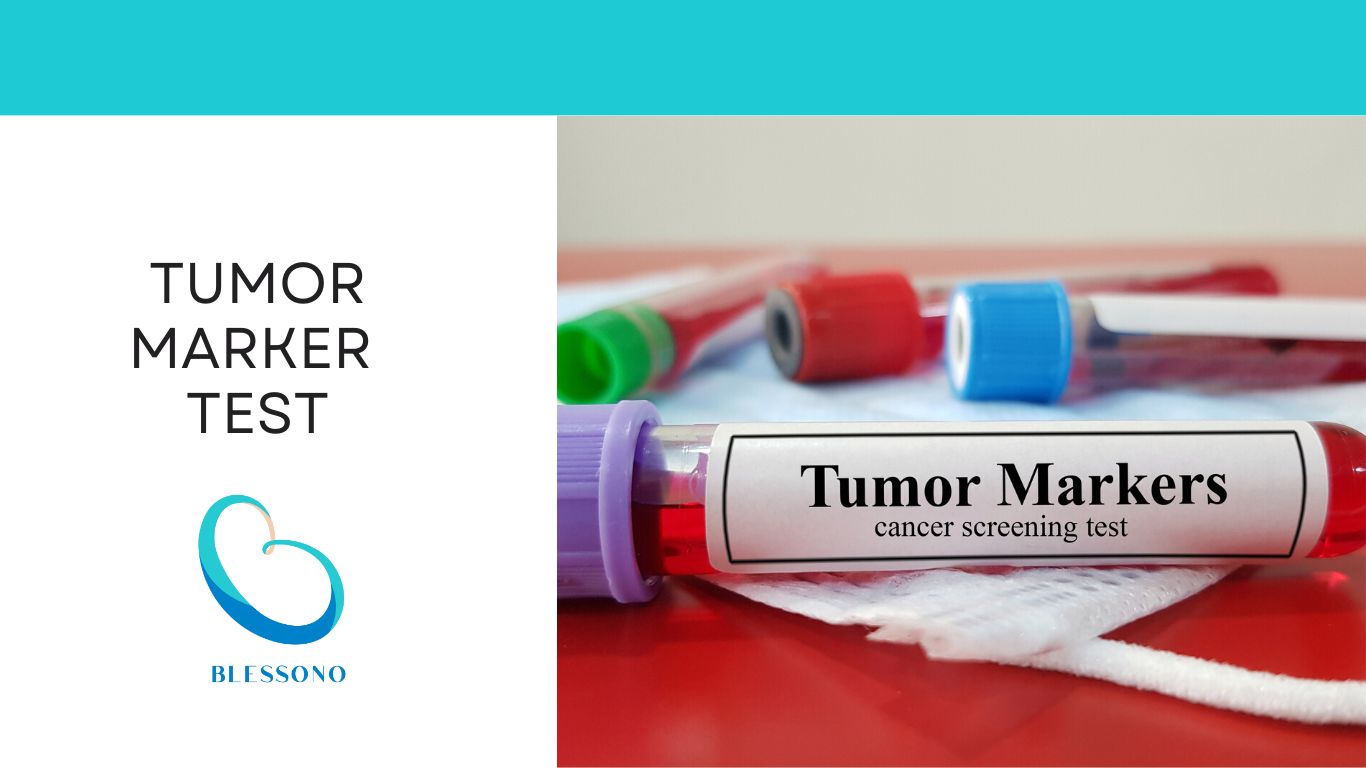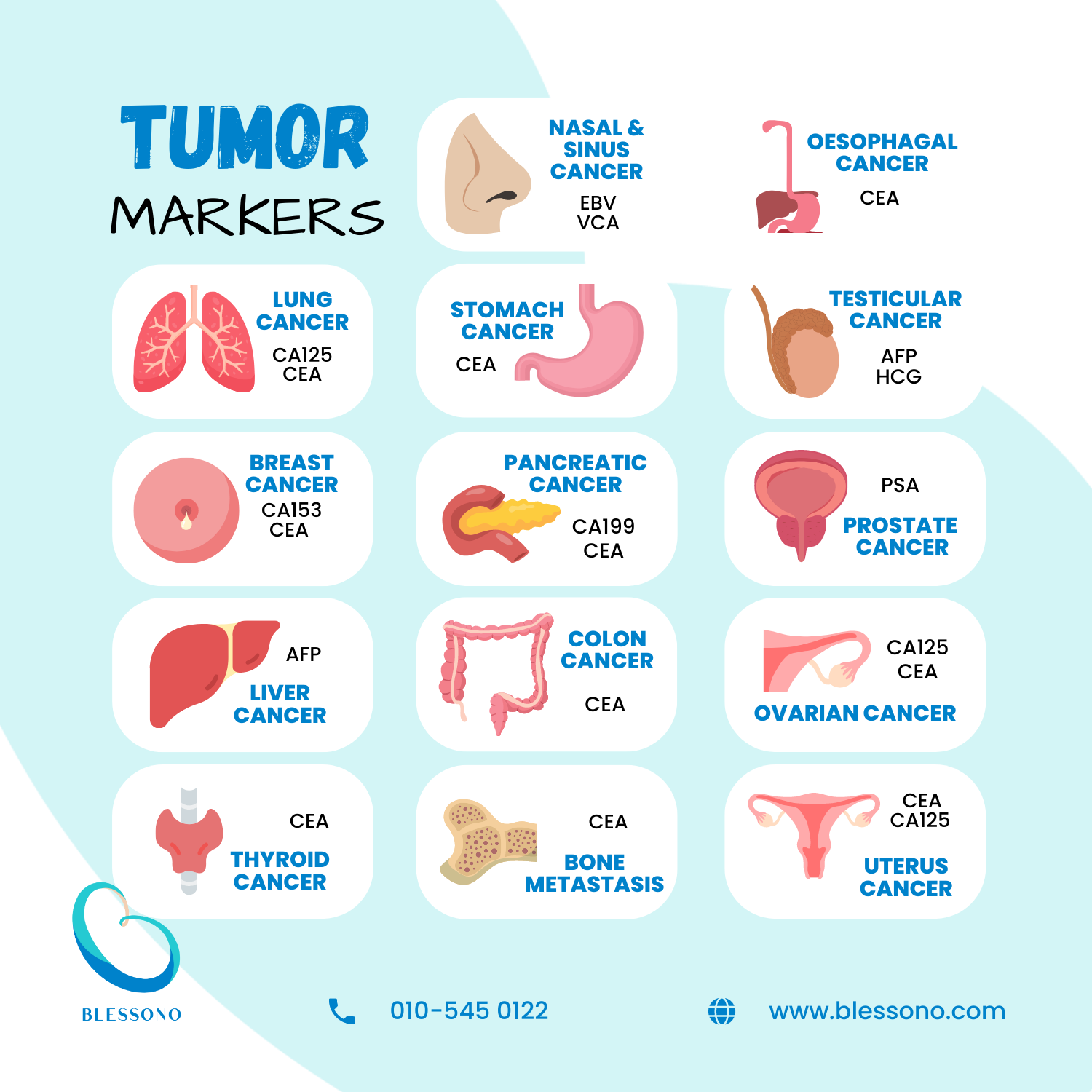
What is a cancer marker test:
A cancer marker (also commonly known as “tumor marker”), are substances that are created by cancer cells or by normal cells in response to cancer in the body in parts like urine, blood, and body tissue. So, a cancer marker test looks for those substances and the amount present.
What does a cancer marker test do:
A high level of a cancer marker indicates that there is a cancer or another condition present in the body. However, cancer markers can still be present, even if you don’t have cancer. This is why cancer marker tests are usually paired with other testing like ultrasound imaging or biopsies (removing and examining a small part of the item) to ensure the accuracy. It is also used post-diagnosis, like when figuring out the stage of cancer, effectiveness/ineffectiveness of treatment, chances of recovery, or leftover cancer after treatment.
How is it done:
Tumor marker tests are usually done with a blood sample. This means that blood is drawn from your arm using a needle and syringe before it is sent off for analysis.

| No. | Tumor Marker | Associated Cancers/Conditions |
|---|---|---|
| 1. | Carcinoembryonic Antigen (CEA) |
|
| 2. | Cancer Antigen 19-9 (CA 19-9) |
|
| 3. | Alpha-Fetoprotein (AFP) |
|
| 4. | Epstein-Barr Virus Viral Capsid Antigen (EBV VCA) |
|
| 5. | Prostate Specific Antigen (PSA) |
|
| 6. | Cancer Antigen 125 (CA 125) |
|
| 7. | Cancer Antigen 15-3 (CA 15-3) |
|
When you receive your results of the tumor marker test, it is best to consult with your doctor about explaining the results and meanings of the test.
It’s also recommended to do another and more in-depth screening for cancer like an ultrasound to go along with your cancer marker test, just to ensure the validity of the results and to put your mind at ease about your health.
Check it out our Health Screening Package

Health Screening
CEA (Colon) CA 19. 9 (Pancreas) AFP (Liver) CA 12. 5 (Ovary) – Female CA15. 3 (Breast) – Female PSA (Prostate) – Male

Health Screening
CEA (Colon) CA 19. 9 (Pancreas) AFP (Liver) CA 12. 5 (Ovary) – Female CA15. 3 (Breast) – Female PSA (Prostate) – Male

Health Screening
CEA (Colon) CA 19. 9 (Pancreas) AFP (Liver) EBV VCA (Nose) CA 12. 5 (Ovary) – Female CA15. 3 (Breast) – Female PSA (Prostate) – Male Beta-HCG
Disclaimer: This information is general and not medical advice. Consult a healthcare professional for personalized guidance. The author/platform is not liable for any outcomes from the use of this information. In emergencies, seek immediate medical attention.
Wholly Owned by Medi Safetest Sdn Bhd 202001014717 (1371037-P)